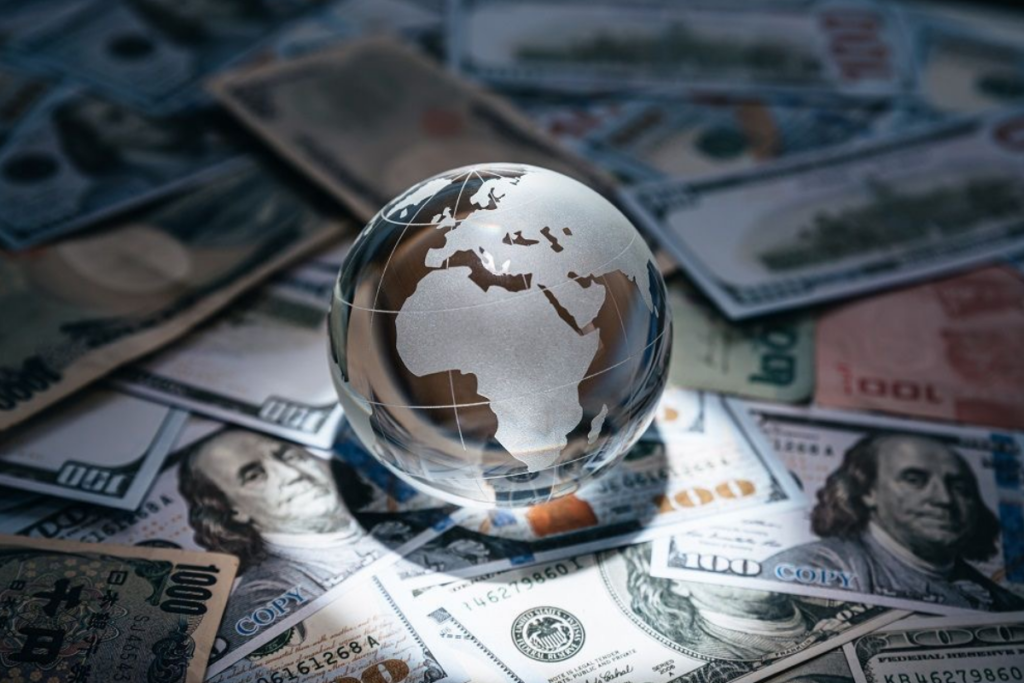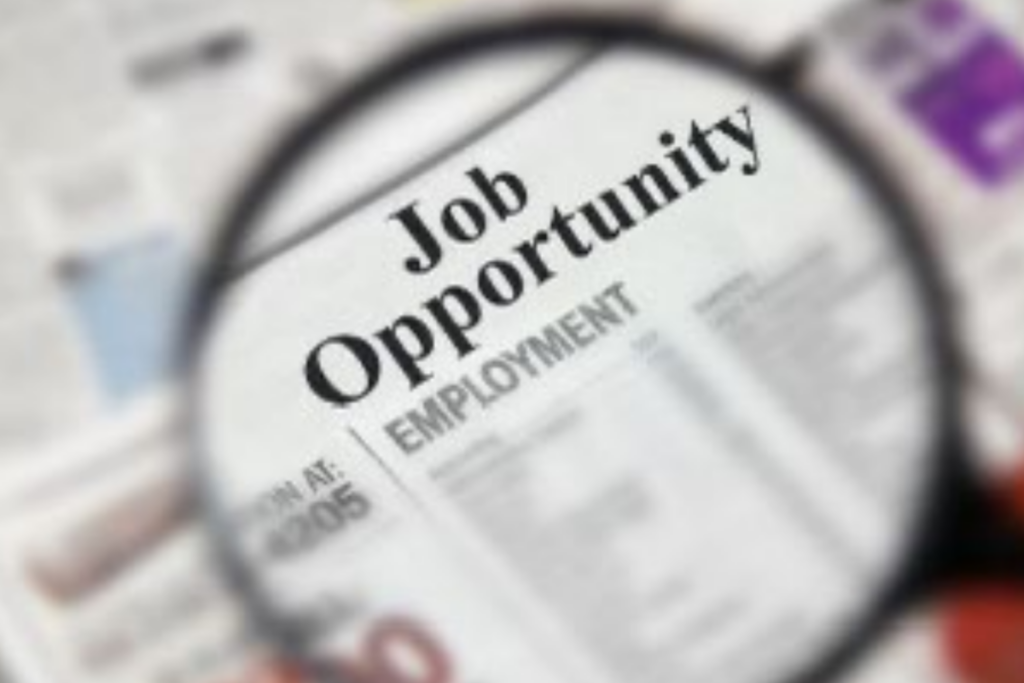According to the September job reports in 2024, the U.S. added more jobs than expected. This has helped the economy avoid a recession. This positive economic situation gives the Federal Reserve confidence that they can guide the economy to slow down smoothly without causing too much damage.
Even though people are still worried about the current inflation, which makes things more expensive, the job market is still strong. Prices are also not rising as fast as they used to, and interest rates are plummeting. All of this makes the economy look good right now, which is important for government decision-making and politics.
September Jobs Surge Eases Recession Fears, Boosts U.S. Economic Outlook
Beth Ann Bovino, a chief economist at US Bank, made a statement after the recent nonfarm payroll reports. She said that they have been hoping for a soft landing, where the economy slows down without crashing. Now, the latest job numbers make them more confident that this will happen. She also mentioned that there is a chance that the economy would perform even better than they expect in 2025.

According to recent job reports, the number of jobs that were added to the economy was much higher than most people expected. Businesses and the government together created 254,000 new jobs. This number is way more than the 150,000 that economic analysts at Dow Jones predicted. This was a big improvement from the numbers obtained in August, which was also updated to show more jobs than experts first predicted.
This new number of new jobs also reversed a pattern that began in April when the job growth was slowing down, and people were starting to worry about a bigger economic slowdown. Some analysts were expecting something worse. Due to this increase in jobs, it is now unlikely that the Federal Reserve will lower interest rates by half a percentage point anytime soon, just like they did in September.
After the reports of the increase in job availability came out, the futures market changed their predictions. Now, they expect that in the November meeting, the Federal Reserve will probably raise interest rates by just a small amount. They expect the Fed to raise it by a quarter of a percent. They also expect another slight increase in December. This information comes from the CME Group’s FedWatch gauge, which tracks these predictions.
Before this, the markets had been looking for a half-point in December. They were also expecting the equivalent of quarter points at each Federal Open Market Committee meeting in 2025. The Federal Reserve may slow down the process of lowering interest rates if the economy continues to be strong.
Bovino says that if the economy is stronger than expected, the Fed might not cut interest rates as quickly as planned. They might even keep them a bit higher than they thought. Even if they do these, the economy would still be doing well. This would be good for both the Fed and the economy.
ALSO READ: New Report Shows US Jobs Data Triggered Global Stock Market Rout
The Report Is Not Conclusive
However, there are still some issues with jobs. According to the job reports in September 2024, most of the job growth in September came from industries like restaurants, healthcare, and the government. These industries have benefited from extra government spending, which has pushed the 2024 budget deficit close to $2 trillion.

The report had some technical issues like not many people responding to the survey, which might make the good news seem less reliable. Because of this, future reports might not be as positive. However, overall, the news was quite good, and now people are wondering how strict the federal reserve will need to be with decisions.
ALSO READ: Financial Forewarning: Some US Billionaires Sell $11 Billion in Stocks Ahead of Upcoming Election
September 2024 Job Reports: Economists Question Fed’s Rate Cuts Following Strong Job Numbers
Economists at Bank of America asked if the Fed acted too quickly when it lowered the interest rate by half a percentage point or 50 basis points in September. Some experts on Wall Street were surprised by the changes, and they wondered why so many predictions were wrong.

David Royal, a financial expert at Thrivent, said the Fed might not have made such a large cut if it had known the economy would turn out to be so strong. An expert from Charles Schwab, Kathy Jones, pointed a few things out.
She said, “The question becomes, how does everybody keep getting this wrong?” How is it that we cannot get this number right with all the information we get?”
Jones mentioned that many people are having trouble accurately predicting the economy despite all the available information. Jones also noted that the Fed is facing a tough decision about what to do next. The Fed’s main committee, the FOMC, will meet on November 6 and 7 after the US presidential election. By then, it will have more data to consider.
Some experts think that the Fed might have to raise its estimate of the “neutral” interest rate, which is the rate that neither helps nor hurts economic growth. This means interest rates could end up higher than they have been in recent years.
Jones added, “Another question is, what does the Federal Reserve do with this? It seems like raising interest rates by 0.50%, that is, 50 points is not an option for the next meeting. There is really no reason to do that.”
“So, when will they take a break from raising rates, or will they raise it by 0.25% (25 basis points) since they are still not at the balanced level? Or will they look at other information that might not be as positive before deciding? They have lots to think about,” Jones said.
For now, officials are probably feeling okay since the economy is stable and the job market is not as bad as some people feared. They still have time to decide what to do next.
“We have seen an impressive economy over the last few years. We saw this even though some people doubted it and consumer confidence was not strong enough,” Elizabeth Renter, an economist at NerdWallet, said. “During election years, people get emotional, and every economic report can cause big reactions,” she continued. “However, overall, the U.S. economy has been and still is strong.”

